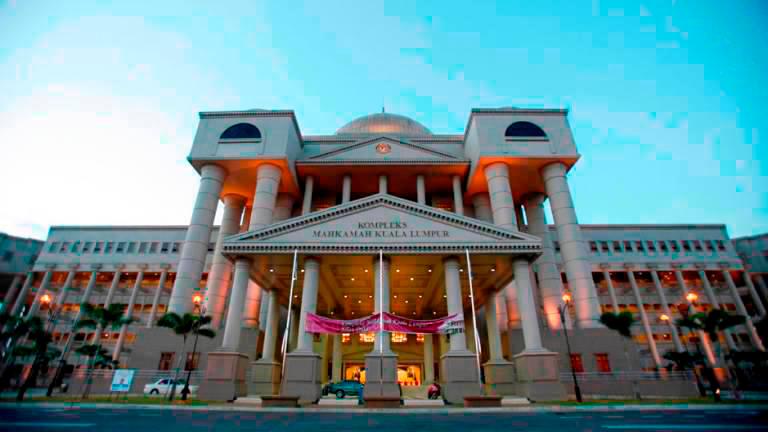KUALA LUMPUR: An offshore assets recovery specialist told the High Court here today that some of the RM4 billion loan obtained by SRC International Sdn Bhd from the Retirement Fund Incorporated (KWAP) was not invested in activities related to energy and resources sector, as its intended purpose.
Quantuma International Managing Director Angela Barkhouse said when Bank Negara Malaysia (BNM) authorised the loan from KWAP to SRC, the bank also set out First Permission that RM1.8 billion from the first KWAP loan to be used to acquire two companies in Indonesia (PT ABM Investama and Bumi Resources TBk PT) and two companies in Mongolia (Gobi Coal and Energy Limited and Erdens-Tavan Tolgoi).
Barkhouse, who testified as the second witness in the SRC International civil suit trial, said the central bank’s Second Permission stated that the second KWAP loan (RM2 billion) should be used for investments in energy and natural resources industries, excluding oil and gas.
“Some funds were invested in PT ABM Investama and Gobi Coal and Energy Limited, however, the majority of the KWAP loans was neither to acquire the four entities listed in the BNM’s First Permission nor invested in energy and natural resources, as set out in the Second Permission,” she said while testifying online from British Virgin Island during SRC International Sdn Bhd’s US$1.18 billion lawsuit against Datuk Seri Najib Abdul Razak before Judge Datuk Ahmad Fairuz Zainol Abidin.
The witness said, in order for SRC International to make foreign currency loans to non-residents, BNM needs to grant the company such permissions and to agree to the purpose among other features.
“Only through these permissions is SRC International authorised to make the necessary foreign currency loans to SRC BVI,” she said.
Subsequently, Barkhouse said the funds that were funnelled from SRC International into the SRC BVI account were transferred to five companies namely Cistenique Investment Fund B.V, Enterprise Emerging Market Funds B.V, Muraset Limited, Gobi Resources Coal Ltd and Pacific Rim Global Growth Ltd.
“Both Cistenique and Enterprise Emerging were established as investment funds, however, based on my investigations, these two companies have shown that they were not legitimate investments and were in fact ‘pass-through’ entities used for the purpose of concealing the misappropriation of assets and facilitating the onward movement of funds.
“My investigations regarding the funds paid to Pacific Rim indicate that these funds were transmitted onwards shortly after being received, which supports the United States Department of Justice’s suggestion that it was acting not as a legitimate fund but for the purpose of concealing the misappropriation of assets, in a similar manner to Cistenique and Enterprise Emerging,” she said.
Barkhouse added that there seems little commercial sense in the transfers to Muraset or to Gobi Resources, a company linked to fugitive businessman Low Taek Jho.
SRC, under its new management, filed the suit in May 2021, claiming that Najib had committed a breach of trust and power abuse, personally benefited from the company’s funds, and misappropriated the said funds.
The company is seeking general, exemplary and additional damages, as well as interest, costs and other appropriate relief provided by the court.
It is also seeking a court declaration that Najib is responsible for the company’s losses due to his breach of duties and trust and that they demand Najib to pay back the RM42 million in losses they suffered.
Najib, 70, has been serving a jail sentence at the Kajang Prison since Aug 23, 2022, after being convicted of misappropriating RM42 million in SRC International funds.
He then filed a petition for a royal pardon on Sept 2, 2022, and the Pardons Board on Jan 29 reduced Najib’s jail term from 12 years to six years and the fine was cut to RM50 million from RM210 million. -Bernama









